Jute Sack, Burlap Bag, Jute Bag - XINGTAI SHUODING TRADING CO.,LTD | Sustainable Packaging Solutions
Introduction to Jute
Jute, often referred to as the golden fiber, is a natural fiber that has gained significant attention for its eco-friendly properties. As the world grapples with the environmental impact of plastic and synthetic materials, jute offers a sustainable alternative. This versatile fiber, derived from plants, is known for its strength and durability, making it an ideal material for various applications, including jute sacks, burlap bags, and other jute products.
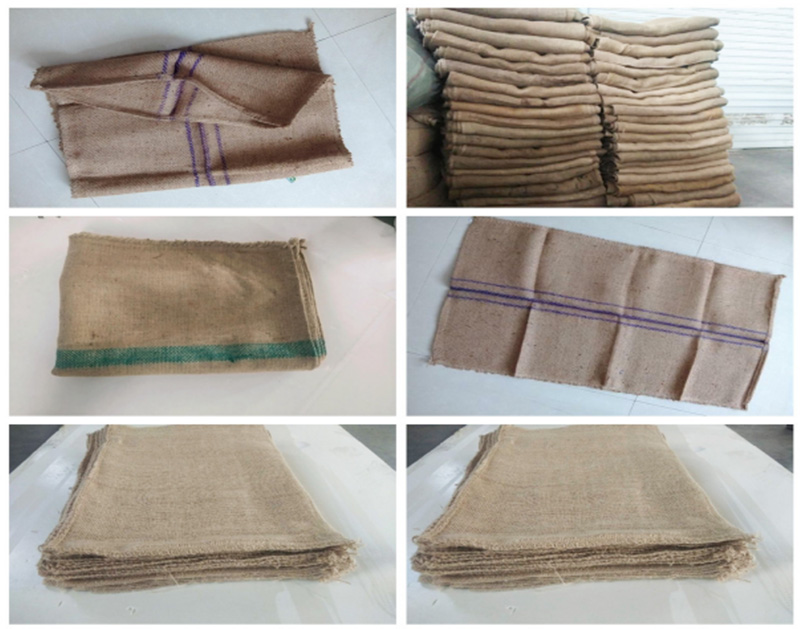
One of the key advantages of jute is its biodegradability, which makes it a safer option for the environment compared to non-biodegradable plastics. Researchers and scientists have been actively exploring alternatives to synthetic fibers, and jute has emerged as a promising solution. Its production is second only to cotton in terms of global textile fiber output, highlighting its significance in the industry.
Types of Jute Bags
Jute bags come in a variety of sizes and types, each designed to meet specific needs. Here are some common types:
- New burlap bag with one green strip: 75CM 110CM, weighing approximately 1000g each.
- New burlap bag with one green strip: 74CM 105CM, weighing approximately 600g each.
- New burlap bag: 74CM 105CM, weighing approximately 850g each.
- New burlap bag: 60CM 100CM, weighing approximately 480g each.
- New burlap bag (thick burlap bag): 60CM 100CM, weighing approximately 600g each.
- New burlap bag (medium size): 60CM 90CM, weighing approximately 450g each.
- New burlap bag (thick burlap bag): 60CM 90CM, weighing approximately 580g each.
- New burlap bag (medium size): 50CM 74CM, weighing approximately 300g each.
- New burlap bag (small size): 40CM 60CM, weighing approximately 200g each.
- 90% new burlap bag (large size): 74CM 107CM, weighing approximately 850g each.
- Large patch burlap bag (large size): 74CM 107CM, weighing approximately 850g each.
- Small patch burlap bag (large size): 74CM 107CM, weighing approximately 850g each.
- Green strip old burlap bag (large size): 75CM 110CM, weighing approximately 1000g each.
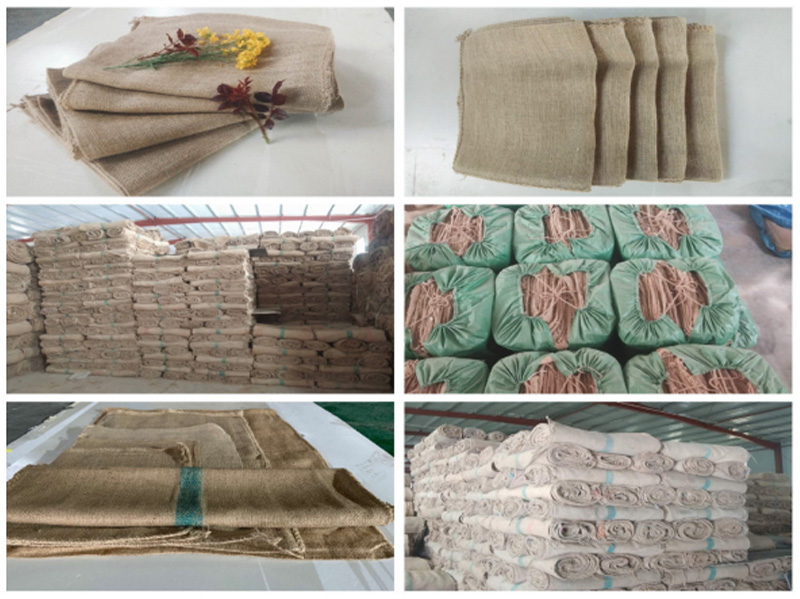
These bags are not only practical but also aesthetically pleasing, often used for packaging, storage, and even as fashion accessories. The jute sacks are particularly popular for holding items like peanuts and beans, while smaller sizes are used for hardware packaging and soil filling.
Customizable Sizes and Applications
One of the standout features of jute bags is their customizable sizes, allowing businesses and individuals to tailor the bags to their specific needs. Whether it's for large-scale agricultural use or small retail packaging, jute bags can be adapted to fit various requirements. This flexibility makes them a popular choice among manufacturers and consumers alike.
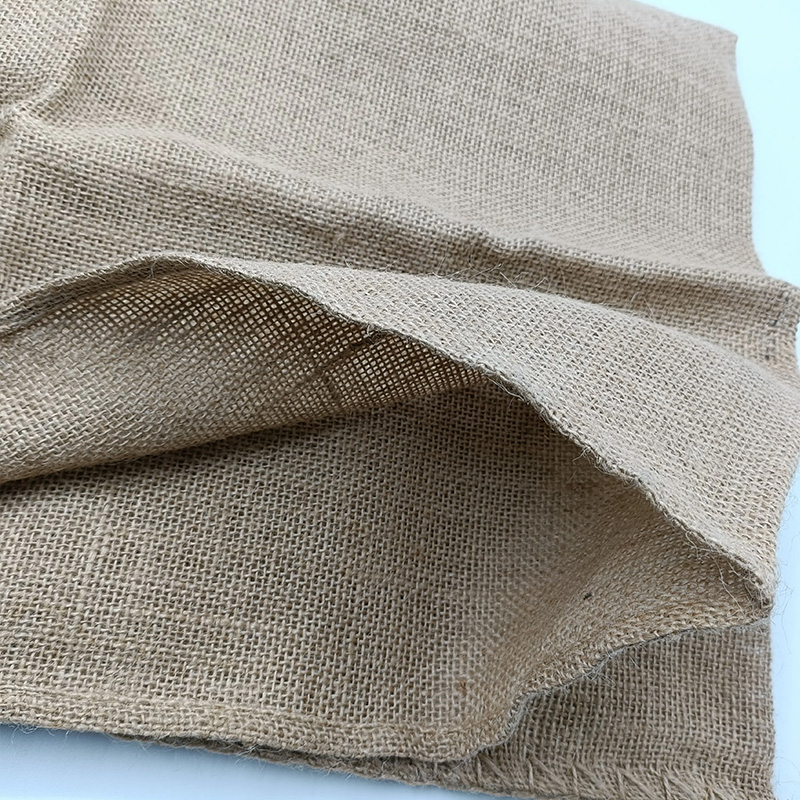
Additionally, jute bags are used in various applications, such as flood prevention, where they serve as effective barriers. They are also used in the packaging of hardware items like screws and nuts, showcasing their versatility. The jute sacks are not only functional but also contribute to reducing environmental impact by providing a sustainable alternative to plastic.
Product Specifications Table
| Size (CM) | Weight (g) | Application |
|---|---|---|
| 75 x 110 | 1000 | General use |
| 74 x 105 | 600 | Hardware packaging |
| 60 x 100 | 480 | Flood prevention |
| 60 x 90 | 450 | Soil filling |
| 50 x 74 | 300 | Hardware packaging |
| 40 x 60 | 200 | Small item storage |
Company Background
The jute sacks and burlap bags are produced by XingTai ShuoDing Trading Co., Ltd., a company dedicated to providing high-quality, sustainable products. With a focus on eco-friendly solutions, the company has established itself as a leader in the jute bag industry. Their commitment to quality and sustainability ensures that customers receive products that are not only durable but also environmentally responsible.
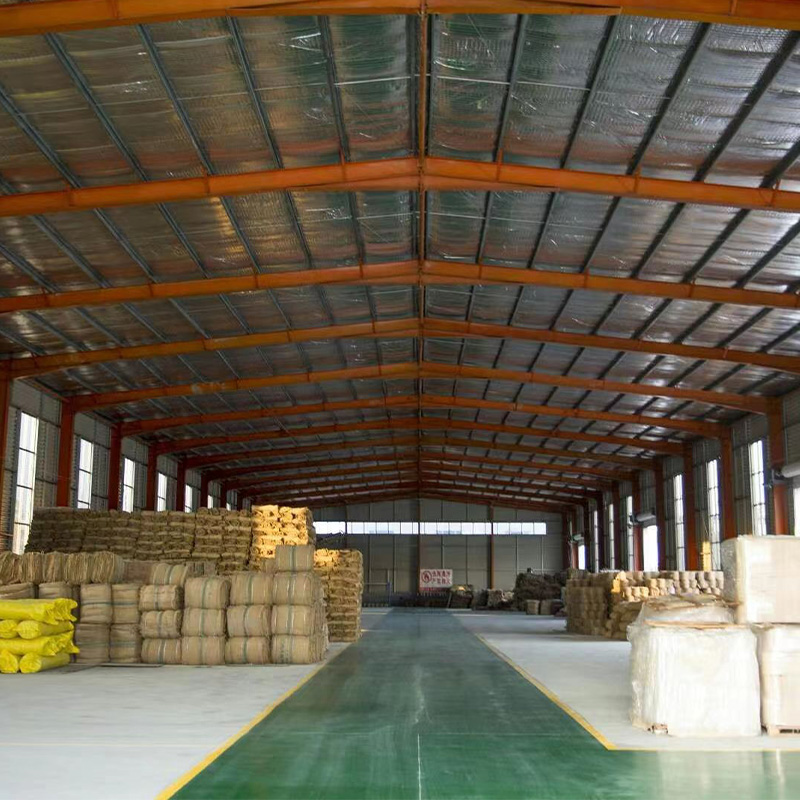
As a company, XingTai ShuoDing Trading Co., Ltd. understands the importance of meeting customer needs through customization and innovation. Their range of jute bags caters to a wide array of applications, from agricultural use to retail packaging. The company's dedication to sustainability is reflected in their products, which are designed to reduce environmental impact while maintaining high standards of quality and functionality.
Conclusion
In conclusion, jute sacks, burlap bags, and jute bags represent a sustainable and versatile solution for various needs. Their natural properties, combined with customizable sizes and applications, make them an attractive option for businesses and consumers. As the demand for eco-friendly products continues to grow, the role of jute in the market is expected to expand, driven by its environmental benefits and practicality.
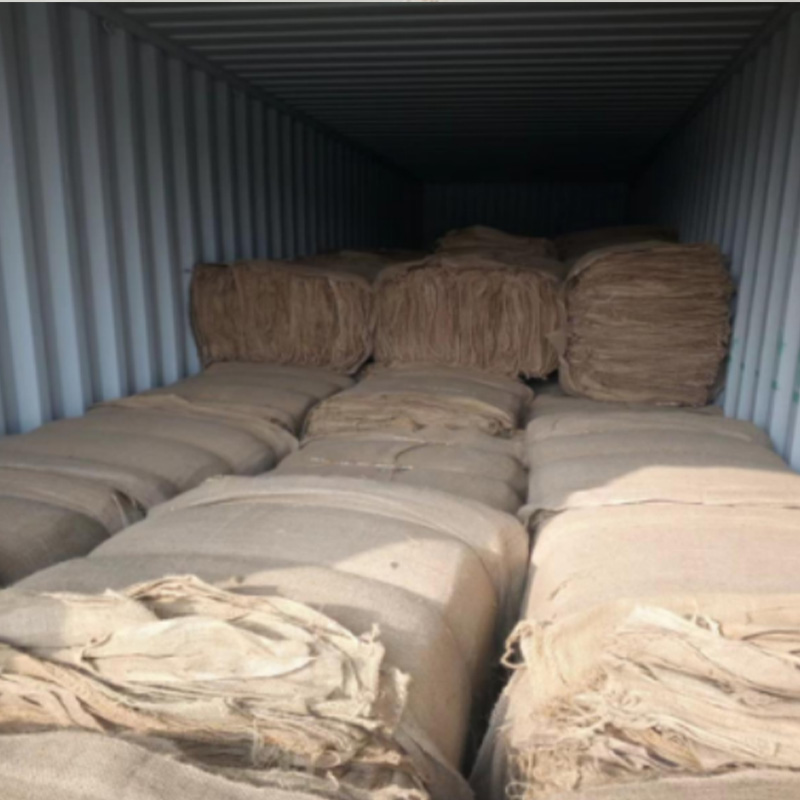
For those looking to explore the world of jute products, XingTai ShuoDing Trading Co., Ltd. offers a wide range of options that cater to diverse needs. Whether you're seeking bulk purchases or customized solutions, their commitment to quality and sustainability ensures that you receive products that meet your expectations.
References
While the specific NIST content referenced in the context could not be retrieved, the principles of sustainability and environmental responsibility are widely recognized in the field of materials science. For further information on standards and research related to sustainable materials, please visit the National Institute of Standards and Technology (NIST) website.
Share
-
Lithium Battery Welding Machine | High-Precision, Fast, SafeNewsNov.17,2025
-
Aluminium Guide Roller | Anodized, Lightweight, Low-NoiseNewsNov.17,2025
-
Tofu Cat Litter Bulk – Eco, Low-Dust, Fast Clumping SupplyNewsNov.17,2025
-
Equipment for Lithium Cell Assembly | Automated & PreciseNewsNov.10,2025
-
Square File Tool – Precision Cut, Hardened Steel, VersatileNewsNov.10,2025
-
Lithium Ion Battery Assembly Machine | Automated, High-SpeedNewsNov.10,2025







